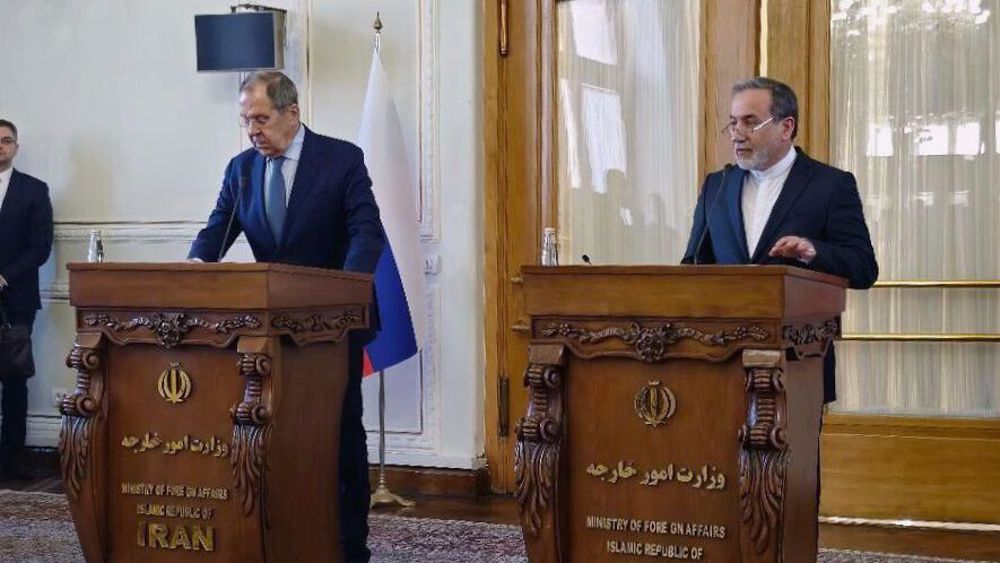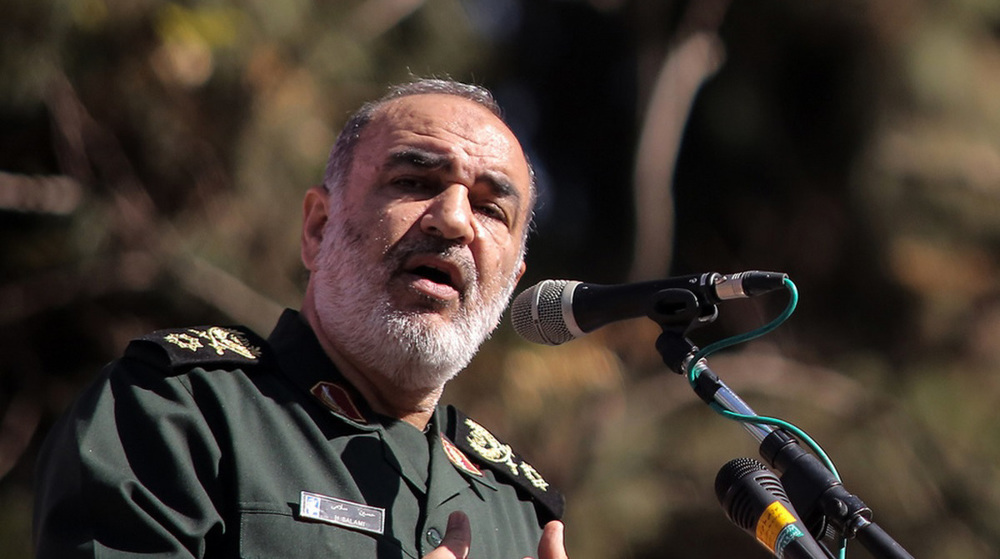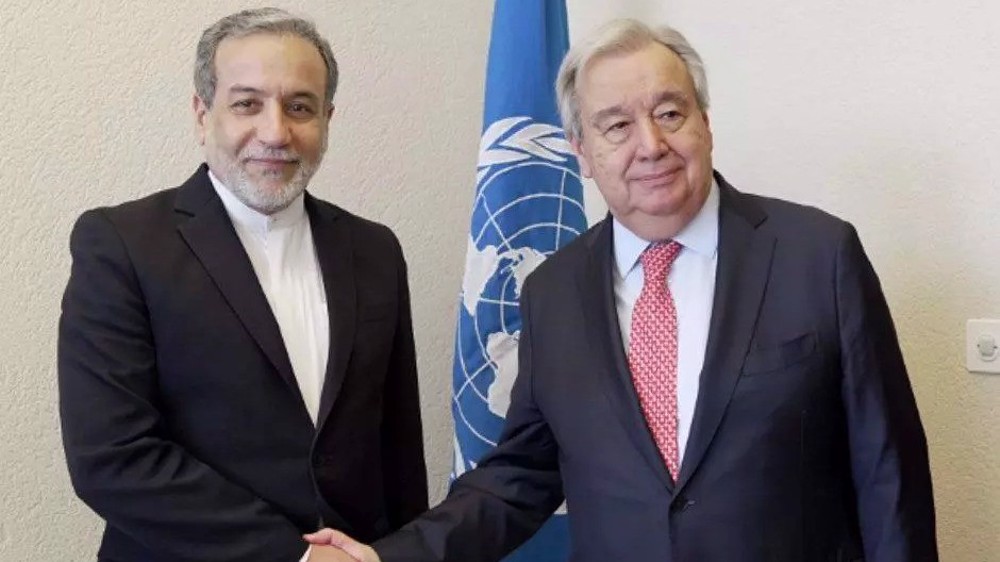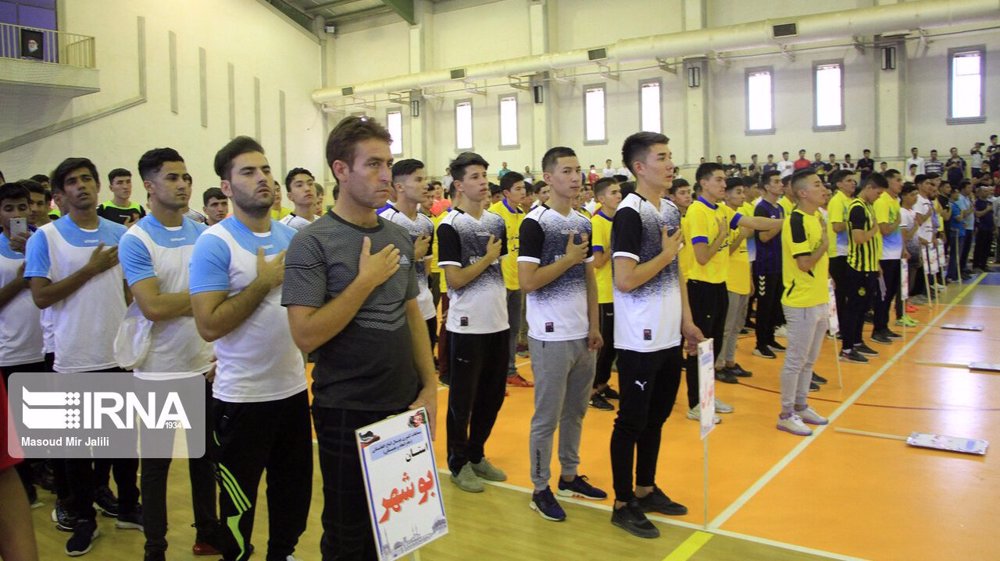Iran playing good host to millions of Afghan migrants for 4 decades
Tehran has dismissed “baseless” media allegations about Iranian border guards’ involvement in the deaths of dozens of Afghan migrants near the joint frontier, calling attention to four decades of Iranian hospitality towards millions of Afghan nationals residing in the country.
Iran’s Foreign Ministry spokesman Abbas Mousavi made the remarks on Monday in response to reports earlier this month that Iranian border guards had tortured and thrown as many as 57 Afghans into the Hari River (Harirud) in western Herat Province.
According to two Afghan lawmakers investigating the deaths, 45 of the migrants, who were trying to enter Iran illegally, drowned in Harirud on May 1.
Mousavi further said despite “having every confidence” in reports received from Iranian border guards about their non-involvement in the incident, Iran was quick to launch an inquiry into the tragedy merely “out of respect” for the Afghan government’s calls for a probe.
To that effect, he said, representatives from Iran’s Foreign, Interior and Intelligence Ministries as well as police and the General Staff of the Armed Forces held a meeting at the Foreign Ministry on Monday for a comprehensive assessment of the incident.
Citing “confirmed reports” from the Islamic Republic of Iran Border Guard Command, Mousavi said no confrontation at all had taken place between Iranian forces and Afghan nationals on the mentioned date and at the reported site, which means "all allegations of transferring the individuals to a camp or subjecting them to inhumane treatment” were absolutely untrue.
“No entry by Afghan nationals into Iran has been recorded on the mentioned date due to weather conditions in the region,” he said.
Mousavi stressed that no migrant camps have been operating on the border in recent months because of the coronavirus pandemic, rejecting claims such as transferring Afghan nationals to a camp or putting them to forced labor as outright “lies.”
Such “baseless” accusations have been leveled against Iranian forces by certain third parties that seize every single opportunity to harm the Islamic Republic and sabotage good relations between the two neighbors, he said.
“Certainly, Afghanistan’s officials and people pay close attention to the fact that the Islamic Republic’s government and police, in particular, have been hosting more than three million Afghans in Iran and have provided their guests with the best facilities and services without any discrimination over the past 40 years. Jobs besides free education and healthcare, among other services widely available to the Afghan guests, are indicative of good hospitality,” he pointed out.
Mousavi noted that Iran had to deal with problems such as smugglers, drug dealers and terrorist elements mixing with illegal Afghan migrants crossing the border into the country.
He also highlighted the presence of armed groups — including Daesh terrorists and local Taliban militants — along the Afghan border with Iran due to the evacuation of Afghan army checkpoints, urging the Kabul government to enhance control of its frontiers.
Under an Iran-Afghan deal signed in June 1956, whenever a border incident happens, border guards can visit the site and launch a joint probe, he explained, noting the Afghan border authority had not submitted a request concerning the recent incident.
On the contrary, he added, Iranian border guards have, in two official letters, called for a joint meeting with Afghan border guards “based on goodwill,” but received no response so far.
On Sunday, Iran’s Foreign Minister Mohammad Javad Zarif and his Afghan counterpart, Mohammad Hanif Atmar, discussed the subject during a telephone conversation.
Tehran spends eight billion dollars on Afghan migrants every year in various sectors.
The UN refugee agency has, on numerous occasions, praised Iran for hosting Afghan refugees.

Iran rules out nuclear talks with US amid ‘maximum pressure’ campaign

Flying warplanes over Beirut funeral exposed enemy’s fear of power, unity of nations: IRGC

Araghchi tells UN chief: Israel must be held accountable for crimes against Palestinians
'Shocking attack on free expression': Canadian politician slams arrest of pro-Palestine activist
West Bank Palestinians fear Gaza style destruction as Israel escalates raids
Hamas: Ibrahimi Mosque massacre testament to Israel’s criminal policy
Trump eyes Ukrainian rare earth minerals in exchange for military support to Kiev
Six Gaza children, including newborn girl, die of cold weather as Israel blocks aid
Iran rules out nuclear talks with US amid ‘maximum pressure’ campaign
Israeli tanks roll into West Bank first time in 20 years as prelude to forcible annexation
VIDEO | Trump wants Ukraine's mineral wealth









 This makes it easy to access the Press TV website
This makes it easy to access the Press TV website